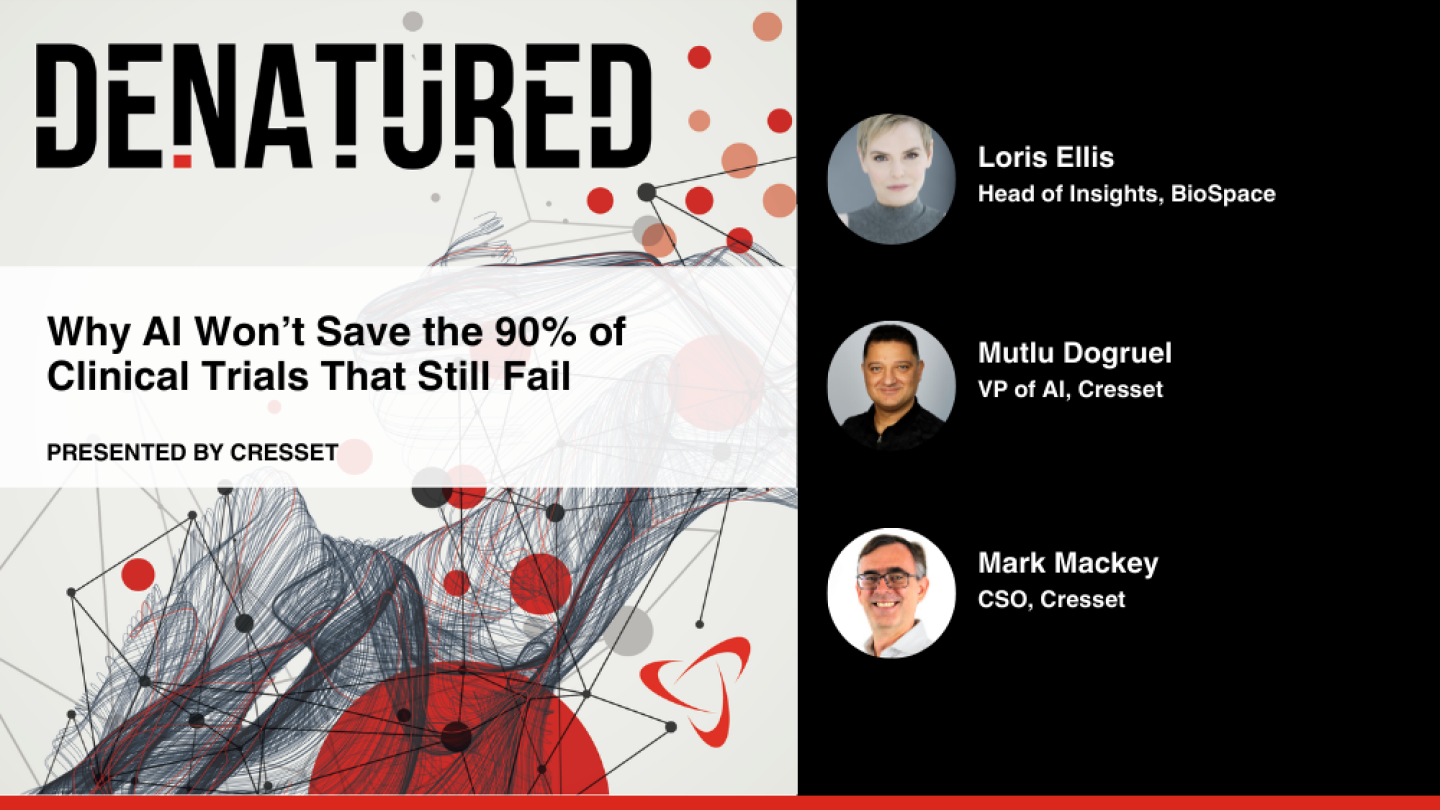News
Building and scaling biopharma workforces can go beyond recruiting permanent employees to include fractional workers and consultants. A Slone Partners executive discusses how these blended workforces operate, highlighting the strategic benefits.
FEATURED STORIES
In the race to make the most tolerable obesity drug, there seems to be no clear winner—at least not according to analysts parsing the data presented at the American Diabetes Association annual meeting this week.
Writing in JAMA, four former government officials warn that the Trump administration’s involvement in delaying the approval of Novavax’s COVID-19 vaccine could indicate a politicization of the drug approval processes that could ‘imperil public health.’
Leading companies spent $1.4 billion upfront on licensing deals and embarked on vast R&D programs. Clinical setbacks mean many companies are unlikely to ever recoup their investments.
Job Trends
Takeda (TSE:4502/NYSE:TAK) today announced that the European Medicines Agency’s (EMA) Committee for Medicinal Products for Human Use (CHMP) has recommended the approval of fruquintinib, a selective inhibitor of vascular endothelial growth factor receptors (VEGFR) -1, -2 and -3 for the treatment of adult patients with previously treated metastatic colorectal cancer (mCRC).
FROM OUR EDITORS
Read our takes on the biggest stories happening in the industry.
Unpredictable communication and a lack of transparency are eroding the industry’s and the public’s trust. The FDA, experts agree, needs to take control of the narrative.
THE LATEST
The mad rush for safe and effective obesity drugs has winners—including Eli Lilly’s Zepbound and Novo Nordisk’s Wegovy—and losers. Here are five molecules that never made it to the market.
While it’s impossible to make apples-to-apples comparisons of the many obesity candidates with so many differences across clinical trials, we at BioSpace are giving it our best shot.
With results from highly anticipated trials of Eli Lilly’s orforglipron and Viking Therapeutics’ VK2735 “underwhelming” investors, William Blair’s Andy Hsieh predicts weight loss pills will play a bigger role in low- and middle-income countries than in the U.S.
There’s still much more to come from the White House on tariffs, but the European Union has now reached a trade agreement with the U.S.
The drug, for hereditary angioedema, is Ionis’ second wholly owned asset.
Vanda claims that two generics to its sleep disorder drug Hetlioz were approved despite inadequate data and is requesting that FDA Commissioner Marty Makary revisit the decision.
Krystal Biotech’s decision follows the FDA’s rejection last month of Replimune’s RP1, which works similarly to Krystal Biotech’s KB707. The biotech said this has introduced “heightened uncertainty” regarding a potential accelerated pathway for the candidate.
Among the problems cited were cat hair, bacterial contamination and instrument defects.
Washington has had notable life sciences job growth over the past 10 years, according to a Life Science Washington report. The association’s CEO and a biopharma CEO discuss what makes the state stand out, including its talent pool, AI leadership and entrepreneurship support.
In this episode presented by Cresset, BioSpace’s head of insights Lori Ellis discusses clinical trial fail rates and AI’s potential to reduce preclinical costs with Mutlu Dogruel, VP of AI and Mark Mackey, CSO of Cresset.

















